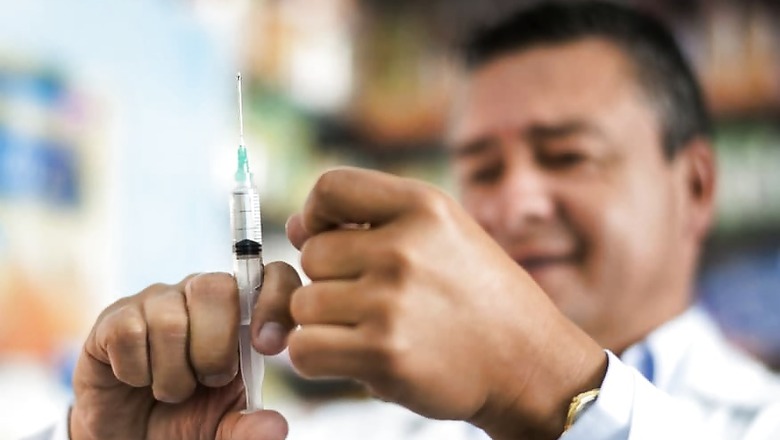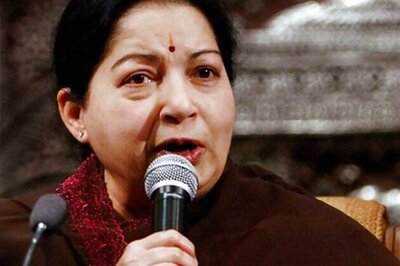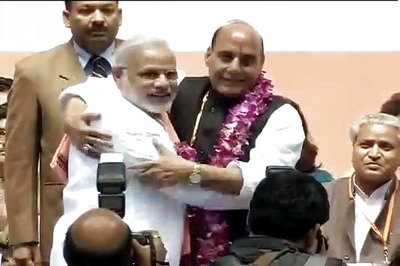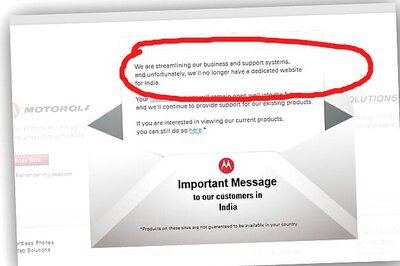
views
The NPPA analysed the pricing data submitted by manufactures and made the trade margins -- the difference between the manufacturing cost and the MRP -- public. The Authority has invited stakeholders' comments.
New Delhi: Syringes and needles are the next medical equipment to come under government scanner for being sold at inflated price. The National Pharmaceutical Pricing Authority (NPPA) released a data on Monday stating that manufactures of these equipment were hiking their prices exorbitantly, from the cost of the manufacturing to the price at which they're sold to consumers.
The prices of syringes, from manufacturing cost to the MRP at which patients bought them, went up by 287 per cent to 1251 per cent. The prices of needles went up by 57 percent to 789 percent.
The NPPA analysed the pricing data submitted by manufactures and made the trade margins -- the difference between the manufacturing cost and the MRP -- public. The Authority has invited stakeholders' comments.
This data comes days after the sudden transfer of the former NPPA chairman Bhupendra Singh, under whom the Authority had capped coronary stent prices, after manufactures were found to be similarly inflating costs.
The NPPA analysis put out the average price to distributor (PTD) for different types of needles and syringes, their average MRPs, and the difference between. It shows that a 2 ml hypodermic disposable syringe with a needle -- a commonly used syringe -- is manufactured, on an average, for Rs. 1.30 and sold for Rs. 8.52. A 50 ml syringe with needle is manufactured for Rs. 14.92 and sold for Rs. 65.13. A 50 ml disposable syringe without a needle is made for Rs. 16.92 and sold at Rs. 97.
A blood collection needle is made for Rs. 2.60 and sold at Rs. 9. A spinal needle is made for Rs. 626.32 and sold for Rs. 1304. A biopsy needle is manufactured for Rs. 1183.76 and sold for Rs. 2179.
"The data are showing that in yet another instance of inflated pricing, the MRPs bear no relation to the costs of manufacturing," said the All India Drug Action Network (AIDAN), a civil society network that works on health and pharmaceuticals.
"These trade margins show how companies have artificially raised the MRPs at the behest of hospitals. While a segment of the syringe manufacturers attempted self regulation, they have admitted defeat because hospital accounts were going to the few companies that refused to comply with the voluntary code. Syringes and needles are among the most commonly used devices which account for huge bills and being used by hospitals to indiscriminately fleece, unbeknownst by patients. Let alone take proactive action, the government is busy weakening the regulator. AIDAN demands that the government impose price control immediately not only on syringes and needles but also remaining devices coming notified as drugs and any other commonly used devices," said AIDAN in a statement on Tuesday evening.
This "defeat" that manufacturers suffer because of hospitals refers to previous data analysis by NPPA in February. A report on the billing data of four private hospitals in Delhi/NCR showed hospitals, most of which run their own pharmacies, purchase in bulk from these manufacturers, giving them leverage over pricing. "Industry", said the report, "in order to get bulk supply order, is in a way 'forced' to print higher MRPs as per 'market requirement'"



















Comments
0 comment